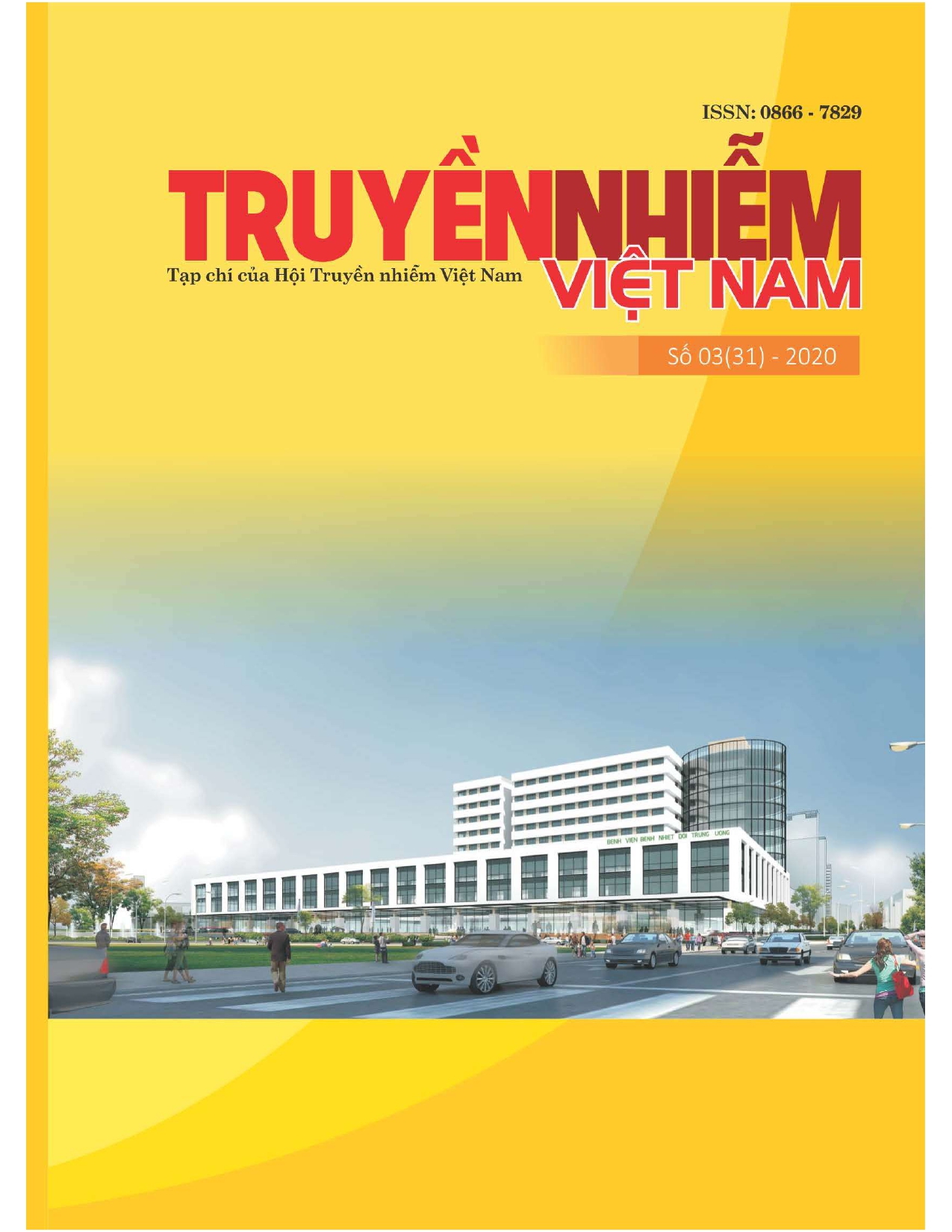ĐIỀU TRỊ SỐC SỐT XUẤT HUYẾT DENGUE KÉO DÀI, BIẾN CHỨNG NẶNG TẠI KHOA CẤP CỨU - HỒI SỨC, BỆNH VIỆN NHI ĐỒNG THÀNH PHỐ HỒ CHÍ MINH (01/2017 - 12/2017)
Main Article Content
Abstract
Objectives: To describe therapeutic interventions for children with prolonged Dengue shock syndrome (DDS) admitted at PICU, City children’s hospital from January 2017 till December 2017.
Methods: Prospective case series study.
Results: 76 prolonged DDS children consisted of DSS (78.9%), severe DSS (21.1%), Clinical findings included shock 100%, acute respiratory distress syndrome (ARDS) 18.4%, hepatic failure 23.7%, gastrointestinal bleeding
67.1%, multiple organ dysfunction syndrome 22.4%. Treatment encompassed average total amount of fluid of 217.4ml/kg in mean duration 37.2 hours, where average one of colloid solution of 164.5ml/kg, under monitor of central venous pressure (CVP) 80.2%, arterial blood pressure (IBP) 100%, respiratory support such as continuous positive airway pressure (CPAP) 100%, non - invasive ventilation 46.1%, mechanical ventilation 13.2%, abdominal paracentesis 40.8% with help of monitor of bladder pressure 75%; correction of coagulation disorder, GI bleeding such as red cell package transfusion 72.4% with mean one of 16.4ml/kg, fresh frozen plasma (FFP) 61.8% with mean one of 20.6ml/kg, cryoprecipitate 57.9% with mean one of 1.5 Unit/6kg, concentrated platelet 31.6% with mean one of 1.7Unit/10kg; Average length of stay in PICU was 6.4
days, 2 cases died (2.6%).
Conclusions: Modern medicalinstruments for respiratory, circulatory resuscitation should be equipped for province hospitals as well as high techniques such as mechanical ventilation, CRRT, monitor of IBP, bladder pressure should be handed over in order to save more children with severe DSS.
Article Details
Keywords
Dengue shock syndrome (DSS)


